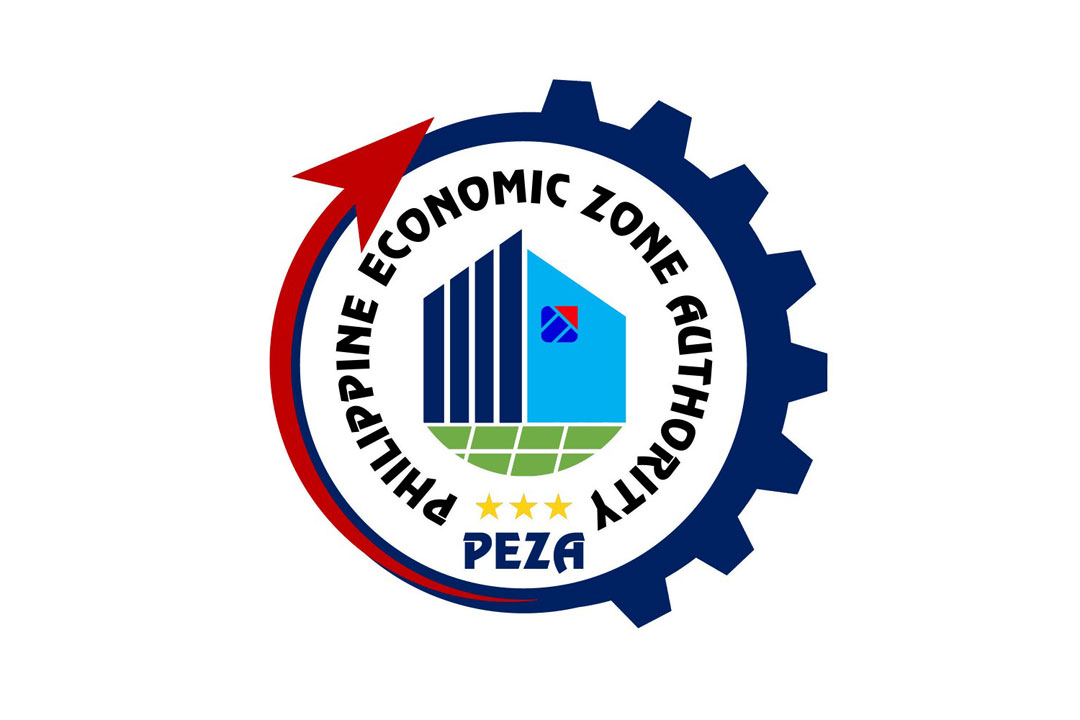PEZA sees amendments validating perks won by pre-CREATE locators

By Justine Irish D. Tabile, Reporter
PHILIPPINE Economic Zone Authority (PEZA) Director General Tereso O. Panga said amendments being proposed for the Corporate Recovery and Tax Incentives for Enterprises (CREATE) implementing rules are expected to strengthen the argument for the validity of incentives granted to locators before CREATE came into force.
“There’s not much value to us on the recent amendment introduced by the Fiscal Incentives Review Board because it caters more to domestic-market-oriented companies that are located in the economic zones (ecozones),” Mr. Panga told reporters on the sidelines of the Philippine Die and Mold Machineries & Equipment trade show.
“Nonetheless, we support that. We support it because of that provision on the sunset period (for incentives) so that anything that we have already extended to our locators prior to CREATE should be honored by the government,” he said.
The departments of Finance and Trade and Industry recently approved the amendment of Rule 18 Section 5 of the CREATE implementing rules and regulations (IRR), which concerns value-added tax (VAT) rules for both domestic market enterprises (DMEs) and registered export enterprises (REEs).
Under the amendment, transitory registered DMEs within an ecozone availing of the 5% gross income tax regime may now register as VAT taxpayers.
Meanwhile, transitory REEs with expired income tax-based incentives can continue to enjoy VAT zero-rating on local purchases until the electronic sales reporting system is fully operational or until the expiration of the 10-year transitory period.
“We cater predominantly to export-oriented companies so, right now, their purchases from the local market are entitled to VAT zero-rating already,” he said.
When asked if the agency has submitted a proposal for more amendments, Mr. Panga said that PEZA has submitted its input.
“It is being worked out with the Office of the President,” Mr. Panga added.
The provision PEZA is most interested in is the sunset provision that the pre-CREATE locators signed up for, which “must be kept whole (as per) the registration agreements with PEZA,” Mr. Panga said.
He said that would allow pre-CREATE locators to enjoy incentives already granted to them by virtue of their registration agreements with investment promotions agencies (IPAs).
Mr. Panga added that PEZA is also looking at the possible extension of the sunset period for incentives, which the agency has not submitted a proposal for as yet.
Under Rule 3 of the IRR, export enterprises may be granted four to seven years of income tax holidays (ITH) and a special corporate income tax rate or enhanced deductions for another 10 years.
Meanwhile, a sunset period was also imposed on non-income-related tax incentives of current RBEs for 10 years counting from the effectivity of CREATE. The provision applies to RBEs granted a 5% gross income tax rate. For those RBEs entitled only to an ITH, the sunset period applies when the ITH expires.
Separately, Mr. Panga said in a Facebook post separate customs territory (SCT) status should remain for the ecozones despite the conflicting provisions of the CREATE IRR and Bureau of Internal Revenue’s (BIR) Revenue Memorandum Circular (RMC) No. 24-2022.
“This long-standing rule on SCT placing the ecozones under the IPAs’ supervision and the grant of zero VAT-rating and VAT exemption incentives have been the selling point of PEZA and other freeport authorities in attracting investors to locate in the ecozones,” he said.
“Any attempt to remove these unique incentives and features of the ecozones will surely impact PEZA as an investment promotion agency and the country’s competitiveness as an investment destination,” he added.
SCT treatment grants locators VAT exemptions by virtue of the cross-border doctrine (CBD) and destination principle in taxation.
The provisions of the CREATE IRR and BIR RMC conflict with the treatment of SCT in the CREATE Law, Mr. Panga said.
“Since the SCT provision was retained in the CREATE, the CBD and destination principle in taxation are no doubt valid and enforceable for qualified transactions of ecozone RBEs,” he added.
SCT status for ecozones allows PEZA to exercise exclusive jurisdiction over the ecozones and make them more decentralized, self-reliant and self-sustaining with minimum government intervention.
“The retention in the CREATE of the original PEZA law provision recognizing the ecozones as SCTs is most crucial to PEZA’s attraction and facilitation of investments,” Mr. Panga said.
“As a result, locators get to enjoy additional incentives on top of their income tax holiday and special tax rates such as tax and duty-free importation, zero-VAT rating on local purchases, and VAT exemption on inter-zone sales or constructive exportations,” he said.



